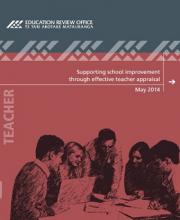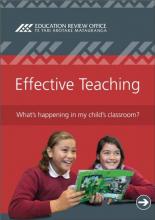The Early Learning Years
This booklet is for all parents and caregivers who have infants and toddlers in an early childhood education service, or who are thinking about enrolling their child in an early childhood service. It gives you an idea of what you can expect from high quality early childhood education and the questions you can ask a service about the education and care of your child.








